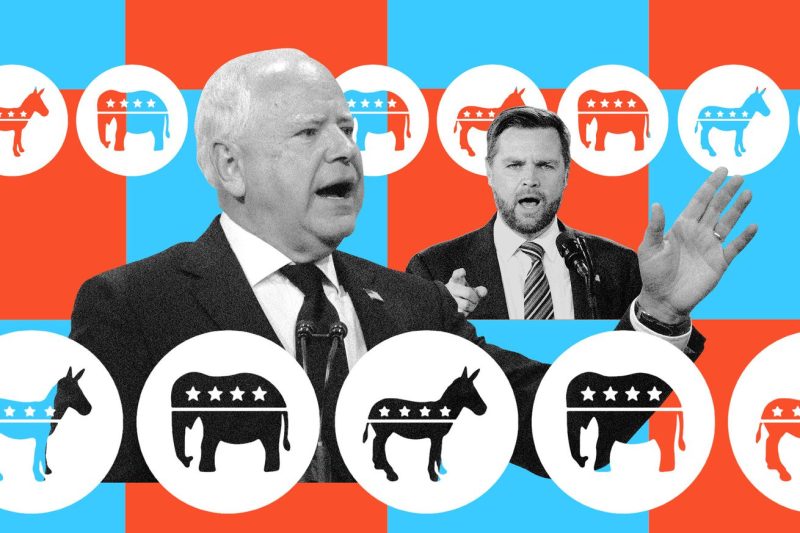
JD Vance Dodges January 6th Inquiries with a Strategic Shift to Facebook Censorship
In a recent interview, JD Vance skillfully navigated questions about his views on the events of January 6th by shifting the focus to the issue of censorship on Facebook. While some may view this tactic as a form of evasion, it sheds light on an important and complex issue that continues to spark debate in the digital age.
Vance’s decision to pivot to the topic of Facebook censorship is not uncommon among politicians and public figures facing tough questions. By redirecting the conversation to a subject that resonates with a broader audience, Vance effectively manages to control the narrative and shift the spotlight away from potentially controversial topics. This strategy allows him to appeal to his base while avoiding direct confrontation on sensitive issues.
The debate over censorship on social media platforms like Facebook is a multifaceted one, with advocates on both sides arguing passionately for their respective positions. On one hand, supporters of censorship argue that social media companies have a responsibility to regulate harmful content and prevent the spread of misinformation. They point to instances of hate speech, disinformation, and incitement to violence as examples of the dangers of unchecked online expression.
On the other hand, opponents of censorship assert that freedom of speech is a fundamental right that must be protected, even in the digital realm. They argue that allowing social media platforms to censor content opens the door to abuse of power and suppression of diverse voices. Additionally, critics of censorship point out the challenges of defining and enforcing vague terms like hate speech and misinformation, which can lead to arbitrary or biased decision-making.
As the debate over Facebook censorship continues to evolve, it is crucial for policymakers and tech companies to engage in open dialogue and seek common ground. Finding a balance between protecting free speech and preventing harm online is a complex challenge that requires thoughtful consideration and collaboration. By highlighting this important issue in his interview, JD Vance draws attention to a critical aspect of the digital age that will undoubtedly shape the future of communication and information sharing.
In conclusion, while JD Vance’s pivot to Facebook censorship may have served as a strategic move to avoid uncomfortable questions, it brings to light a significant topic that demands further exploration and debate. As society grapples with the complexities of online speech and content moderation, it is essential for stakeholders to work together towards solutions that uphold fundamental rights while promoting safety and integrity in the digital space.
